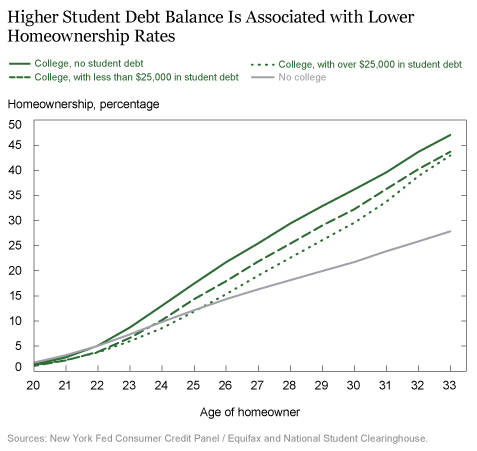It’s conference season and I got a chance to see the ever-popular, Marcus Buckingham. Marcus has the great English accent, high energy and great leadership content to share. He’s strong every time I’ve seen him, going on way too many times at this point in my life!
Here was the money-shot quote Marcus dropped on the audience this time:
“Millennials don’t want feedback!”
We’ve all been told by thought leaders and Millennial experts for a decade that all Millennials want is feedback and work-life balance! They don’t want money or power or ice in their beer. Just feedback and time off. Marcus put a stop to all of this, and had the data to back it up!
In reality, Marcus told us the truth. Millennials and the rest of us don’t want feedback, we all just want attention. Pay attention to us! Stop by frequently and see how we are doing, give us some insight into our near future, help us get our jobs done. But, please, don’t give us feedback on what we are doing wrong!
No one wants that. The whole reason performance reviews fail is because they don’t deliver what we truly want, attention, not feedback. So, our “HR” answer to this is to do what?!? Let’s do more frequent, smaller, feedback sessions! NO!
Unfortunately, this is going to be big old Titanic to turn around. The wheels have been in motion too long to stop what we’ve already started. HR technology platforms and your processes are already in place. Your managers have already been trained, and now you want us to stop?!?
Basically, yes.
Those organizations with high engagement are not the ones who are giving more feedback. They are the ones who are paying more attention to their employees. Yes, there is a difference.
This is fraught with issues for most HR pros and organizations because it feels a little pie in the sky-ish. There is an assumption that you pay attention to your employees and they’ll just magically do what they’re supposed to do, and we live happily ever after, cats and dogs living together.
We know that isn’t reality.
Some employees need to be managed to get the most out of them. They need to be held accountable. I do think there is a balance that we can get to when it comes to paying attention to our employees like they want, and being able to ‘manage’ them like the business needs.
Managers need to know that even with those employees they’ve worked with for a long time, it’s critical that they don’t stop paying attention to what they’re doing, professionally and personally. Also, our employees need to understand that, yes, we care about you, but that doesn’t mean you can just not perform the job you were hired to do.
I don’t need engaged employees that don’t do the job they were hired to do. I want engaged, productive employees. It’s all about balancing your approach, and I love that Marcus put to bed the concept that Millennials just want feedback!

